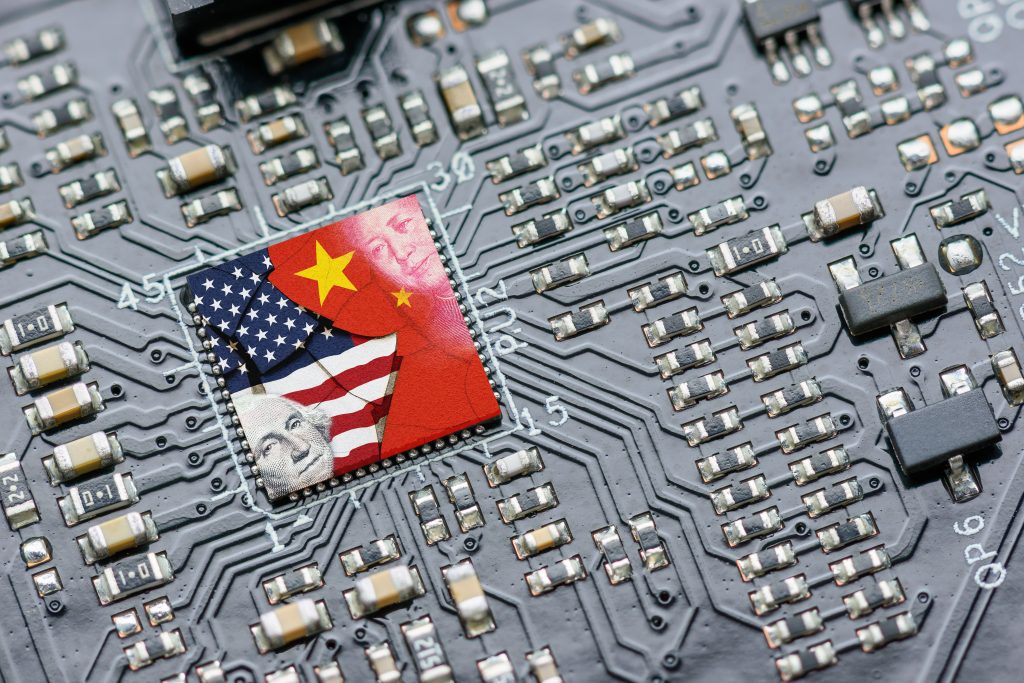Chinese regulator blocked a merger between Intel and Tower Semiconductor
US-based tech giant Intel has abandoned its $5 billion bid to acquire Israeli chip maker Tower Semiconductor after the deal failed to gain regulatory approval from Chinese authorities. The collapse of the deal underscores the escalating technology tensions between the US and China, with the Biden administration, increasing pressure on China’s chip industry to curb its technological ambitions. China’s rejection of the deal reflects its use of antitrust reviews as a means of retaliating against American companies.

US-based tech giant Intel has scrapped its $5 billion bid to acquire Israeli chip maker Tower Semiconductor after Chinese regulators failed to approve the deal. China’s jurisdiction is based on the antitrust review if merging companies have revenue of more than $117 million a year from China. The rejection highlights the growing technological tensions between the US and China as the Biden administration increases pressure on China’s chip industry to limit its ambitions in developing strategic technologies.
In February 2022, Intel announced its intention to buy Tower Semiconductor, hoping to build up its contract chip-making business to better compete with Taiwan Semiconductor Manufacturing Co. (TSMC) and other industry giants.
Tower Semiconductor was expected to handle contract production of older-generation chips, while Intel would focus on more advanced chip manufacturing. However, the failure to win regulatory approval from China has forced Intel to develop its chip production capabilities independently, potentially hindering its turnaround efforts.
The collapse of the Intel-Tower Semiconductor deal has had immediate financial consequences, with Intel’s shares closing down 3.6% and Tower Semiconductor’s stock falling about 11%. China’s rejection of the deal shows how it uses antitrust reviews to retaliate against US companies. Similar actions have been taken, such as when China blocked Qualcomm’s acquisition of NXP Semiconductors. China’s ban on certain local companies buying memory chips from US chip giant Micron and the lack of regulatory clearance for DuPont’s purchase of Rogers further complicate Intel’s position in the US-China tech battle. While Intel still respects Tower Semiconductor, they must pay a $353 million termination fee. However, Intel will continue exploring future collaboration opportunities with Tower Semiconductor.


